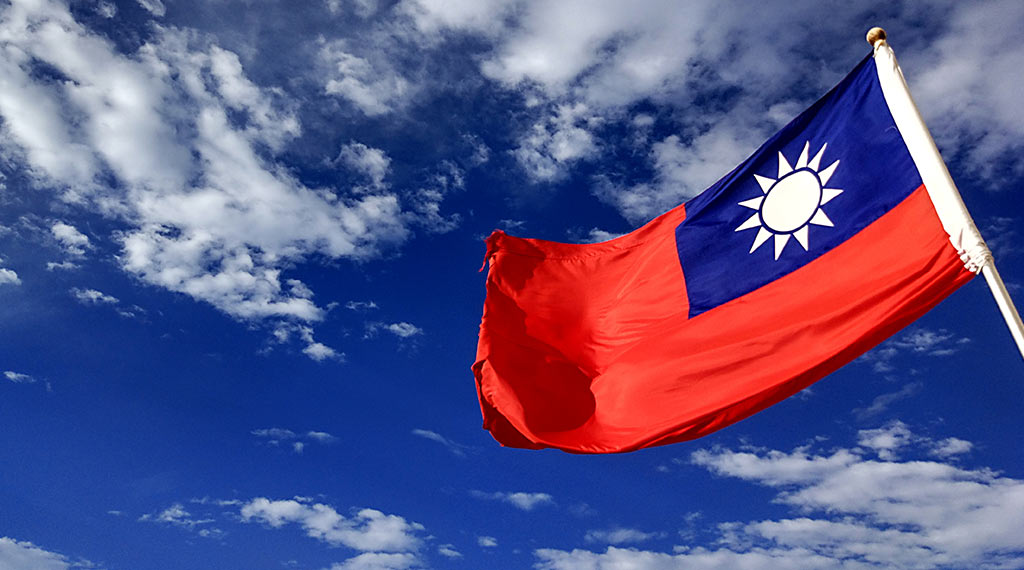Taiwan looks to extend military conscription

Editor’s Note: This piece by Matthew Fulco features quotes from CSP Senior Fellow Grant Newsham.
During a visit to Taiwan in July, former U.S. Secretary of Defense Mark Esper urged the island to extend its mandatory military conscription from four months to at least one year, citing the rising threat from China. The recommendation did not receive enthusiastic support in Taiwan, with scholars raising concerns about cost, insufficient manpower, and political unpopularity.
The massive live-fire drills held by the People’s Liberation Army (PLA) in August moved the needle. Beijing’s ability to organize such a show of force – intended to express its anger at U.S. Speaker of the House Nancy Pelosi’s visit to Taiwan – highlighted the success of its military modernization efforts. It also underscored the need for Taipei to increase its defense preparedness in ways that go beyond arms procurement.
“It was a wake-up call for Taiwan and makes restoration of one year of compulsory military service real,” says Alexander Huang, a professor of strategic studies at Tamkang University and the Chinese Nationalist Party’s (KMT) director of international affairs.
Taiwan had been slashing conscription time for decades before it formally transitioned to an all-volunteer military in 2013. Both the Democratic Progressive Party (DPP) and KMT administrations cut the length of mandatory military service to win support from younger voters. The changes came amid a perception that the threat from China was waning.
That is no longer the case. In October, Defense Minister Chiu Kuo-cheng said that Taiwan would announce the extension of conscription by the end of the year, adding that any change to military service would come with a one-year notice period.
“Insufficient manpower in the military is one of the reasons for extending military service,” Chiu told lawmakers. “Four months of service is not enough as threats from the enemy are now severe.”
Grant Newsham, a former Marine colonel and Marine attaché to the U.S. Embassy in Tokyo, urges Taiwan’s national leadership to spearhead the change. “They have to sell the idea,” he says. “You can’t expect an underfunded, underappreciated military leadership to do it all.”
In Newsham’s view, all Taiwanese should feel they have a stake in the country’s defense. “It has to be recognized that every citizen on the island has a role to play. And national service needs to be seen as a ‘leveler’ for everybody.”
- Newsham Breaks Down Latest China–Japan Standoff Near Senkakus Islands - December 4, 2025
- China’s Act of War Against PM Takaichi and Japan - November 24, 2025
- Panel Discussion: Are H-1B Visa Holders Replacing US Workers? - November 18, 2025
